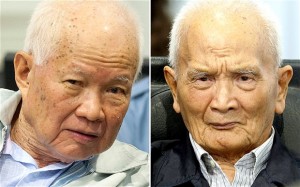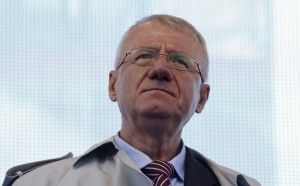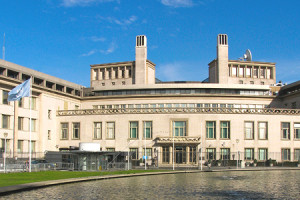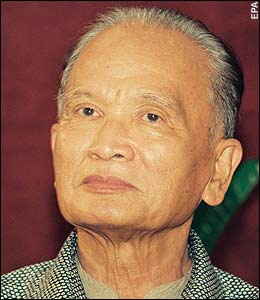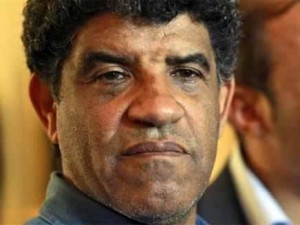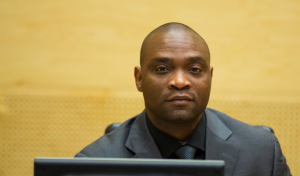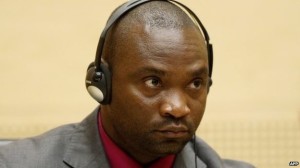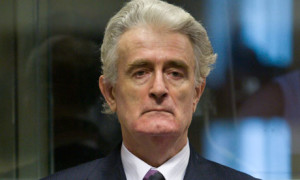 Today, Radovan Karadzic has filed an appeal to the UN’s Mechanism for International Criminal Tribunals against his conviction by the International Criminal Tribunal for the former Yugoslavia (ICTY) in March this year.
Today, Radovan Karadzic has filed an appeal to the UN’s Mechanism for International Criminal Tribunals against his conviction by the International Criminal Tribunal for the former Yugoslavia (ICTY) in March this year.
The 238-page appeal “details 48 substantive and procedural errors” that led to an incorrect verdict, according to a statement issued by Karadzic’s lawyer Peter Robinson.
“Unless corrected, flawed trials and unjust judgments like mine will only accelerate the flight of countries such as South Africa and Russia from an international legal system that is politicised and based on double standards,” Karadzic said in the statement.
“It will also ruin the chance for international justice to succeed in the long term by establishing legal precedents based on short-term political expediencies,” the former Bosnian Serb political leader added.
Karadžić was charged with responsibility for atrocities including the siege of Sarajevo and the 1995 massacre of 8,000 Muslim men in the Srebrenica enclave. Continue reading

